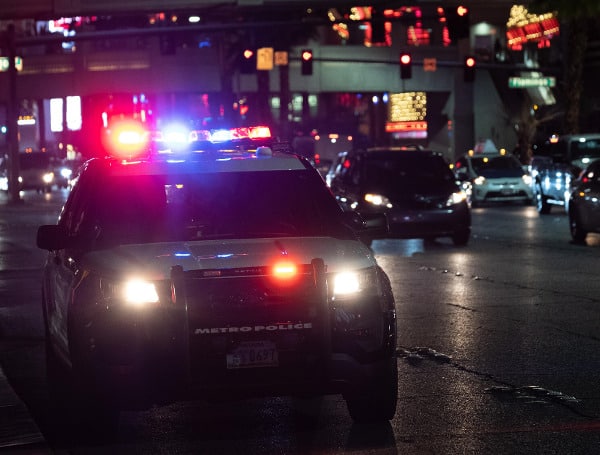Six cities are dropping a constitutional challenge to a 2021 Florida law aimed at shielding police departments from budget cuts after the Legislature revamped the law this spring.
The police-spending issue was included in a controversial law that passed after widespread protests in 2020 across the nation. Those protests were in response to the death of George Floyd, a Black man who was killed by a white Minneapolis police officer who kneeled on his neck for more than eight minutes.
The law enhanced penalties and created new crimes for protests that turn violent. But it also created a process in which state attorneys and certain local elected officials could appeal decisions by municipalities to reduce funding for police departments.
In the news: Florida Officials Interact With Nearly 7,000 Undocumented Migrants In Texas
Under the law, such appeals would be handled by the state Administration Commission, which is made up of Gov. Ron DeSantis and members of the Florida Cabinet.
The cities of Gainesville, Lauderhill, Miramar, North Miami Beach, Tallahassee, and Wilton Manors challenged the constitutionality of the budget provision in the law. In part, the cities argued that it violated home-rule powers and improperly delegated local budgeting authority to the governor and Cabinet.
Leon County Circuit Judge J. Lee Marsh last year rejected the state’s request to dismiss the lawsuit, saying the case “goes to the heart” of the division of power between elected officials at different levels of government.
The Legislature this spring passed a measure that, in part, takes away the authority of the governor and Cabinet to make the decisions about police budgets. Passage of the bill prompted Marsh to put the lawsuit on hold. DeSantis signed the bill (SB 1595) on May 25.
Attorneys who have represented the cities and local officials in the litigation hailed lawmakers’ reversal.
“This is an important victory for local movement-building in Florida,” Jonathan Miller, chief program officer at Public Rights Project, said in a statement Thursday announcing the plaintiffs were planning to drop the lawsuit.
In the news: Florida Teen Slices His Own Throat After Stabbing Ex-Girlfriend 15 Times, Leaving Her Paralyzed
Miller, who was the lead counsel for plaintiffs, added, “As this case demonstrates, when cities stand up against abuses of power and fight to protect the rights of their residents, they can win.”
The cities also were represented by the Community Justice Project, the Southern Poverty Law Center and the Jenner & Block LLP firm.
Under the new law, appeals about police budgets would be handled by the state Division of Administrative Hearings. Administrative law judges would hold hearings and consider a number of factors, including the grounds for local governments to reduce police budgets; police budgets in communities of comparable size; police staffing needs; and revenue changes.
The bill also would only allow challenges to budget reductions of more than 5 percent — a limitation that was not included in the 2021 law. Administrative law judges would issue orders that could be appealed to a state appellate court.
The revision was included in a broader bill that dealt with the duties of county sheriffs and received relatively little attention during this year’s legislative session.
“I am proud to have been a part of this courageous coalition standing up to the governor,” Miramar Mayor Wayne Messam said in a statement. “Local governments are crucial to building movements toward justice. We must be able to use all available tools to do so, including through our budgets. The city of Miramar is celebrating this victory in the name of home rule control.”
In the news: Violent Home Invasion In Pasco County Caught On Camera
Civil rights groups also launched federal-court challenges to parts of the 2021 law that enhanced penalties and created new crimes in protests that turn violent.
In September 2021, Chief U.S. District Judge Mark Walker ruled that protest-related parts of the law were unconstitutionally “vague and overbroad” and issued a preliminary injunction blocking enforcement.
The state appealed the decision, but the Atlanta-based 11th U.S. Circuit Court of Appeals in January turned to the Florida Supreme Court for help. A three-judge panel of the appeals court sought an opinion from the Florida court because of what it called a “novel” issue — how to determine the meaning of the word “riot” in the law.
The Florida court has not made a decision, and Walker’s injunction remains in effect.
Android Users, Click To Download The Free Press App And Never Miss A Story. Follow Us On Facebook and Twitter. Signup for our free newsletter.
We can’t do this without your help; visit our GiveSendGo page and donate any dollar amount; every penny helps.


